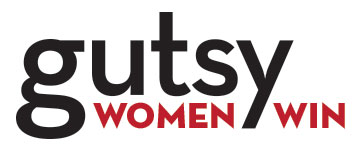The Three Most Impactful Coaching Skills for Leaders

"The problem with communication...is the illusion that it has been accomplished."
~George Bernard Shaw
I have been in the business of coaching for almost 17 years and whenever anyone asks me, what is the number one thing you coach on, I tell them regardless of the reason I’m hired, it frequently comes down to how to communicate with others.
This includes not only what’s being said and how it’s being said, but also (and sometimes more importantly), what is not being said.
Communication is the foundation of all good relationships and it is the most challenging for most of us. Especially when it comes to those critical and crucial conversations.
I try to teach my clients three coaching skills that are part of the International Coach Federation’s Core Competencies for a coach. These fall in the classification of Communicating Effectively.
Active Listening: This is the ability to focus completely on what the other individual is saying. This means that all your attention is on the other person and not on what you’re going to be saying next, what your argument is going to be or what you need to pick up for dinner. This is really being present in the moment and hearing the other person’s concerns, goals, values, and beliefs about the topic.
It is paying attention not only to the words that are being said, but also the tone of voice, the body language and especially paying attention to what is not being said.
Active listening involves encouraging and exploring deeper, accepting what is being said without judgment, and understanding the essence of the other’s communication.
Powerful Questioning: This is the ability to ask questions that really get to the core of the issue. This is the skill that can reveal the information that is needed to reach a mutually accepted solution. Ask questions that show you are actively listening and understand their perspective.
Ask questions that help you discover, gain insight, and gain commitment or action.
Ask open-ended questions that create greater clarity, possibility or new learning.
"Words are, of course, the most powerful drug used by mankind."
~ Rudyard Kipling
Direct Communication: This is the ability to communicate effectively during the conversation and to use language that has the greatest impact in support of honest and open communication.
Be clear, articulate and direct in sharing and providing feedback. Reframe to help the other person understand from your perspective what you are hearing. Be clear in stating your objectives and be respectful in the conversation.
"Constantly talking isn't necessarily communicating."
~ Charlie Kaufman

0 comments
Leave a comment
Please log in or register to post a comment